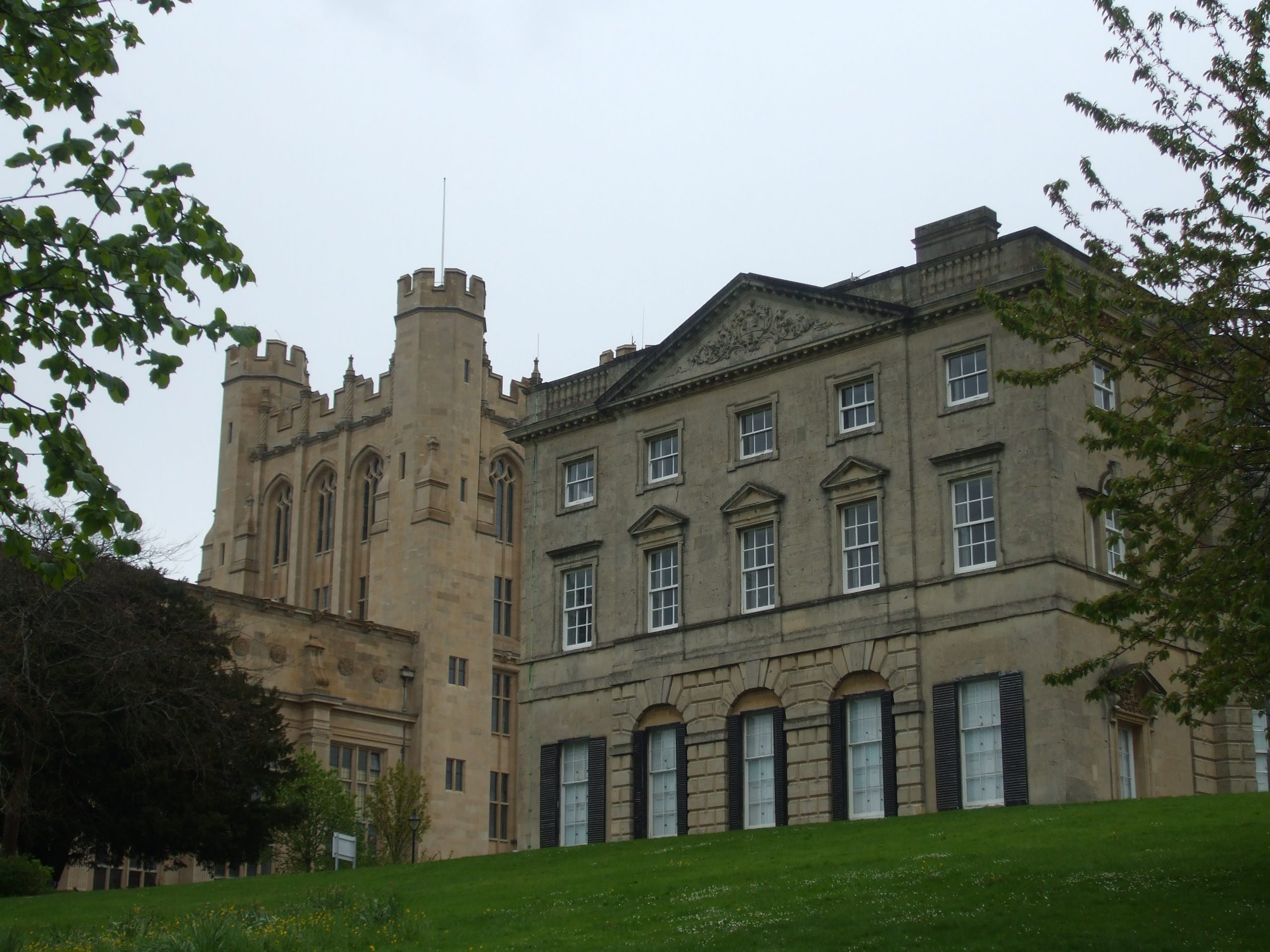University of Bristol
Bristol is a city of situated on the coast in the South West region of England. REQUEST INFORMATION
KEY INFORMATION:
The population of the city is around 420,000 people. The city has its own airport which has many European destinations, but the closest airport offering direct intercontinental flights is either Birmingham or Heathrow, both are about 100 miles away.



UG 20300
PG 4900



Six steps to University of Bristol
Our method to your success
FREE CONSULTATION MEETING
REPORT & INSTITUTION SHORTLIST
APPLY & RECEIVE AN OFFER
WOO HOO! YOUR OFFER IS ACCEPTED
ARRIVAL & POST ARRIVAL SUPPORT
WE ARE WITH YOU EVERY STEP OF THE WAY
LOCATION:
The average temperature in Bristol in December/January is about 6.5 degrees centigrade and about 18 degrees in July. Bristol is a lively, young city with many students and easy access to London and the South West coast of England.
REQUEST INFORMATION..

Request Information - University Courses
HISTORY:
Bristol University College, existed from 1876 to 1909. The University received full university status in 1909. It is widely regarded as one of the top universities in the United Kingdom.
LOCATION:
Almost all the university buildings are all clustered centrally around the main campus on Tyndall Avenue. The main exceptions are veterinary sciences based in Langford, 14 miles away and medical student facilities at Frenchay hospital, 6 miles away.
RANKING:
University of Bristol is ranked 92nd in the Times Higher Education World University rankings. Bristol is also ranked 78th in the Shanghai Jiao Tong rankings. Bristol is also a member of the Russell group of universities.University of Bristol is ranked 77th in the National Student Survey satisfaction rankings.
INTERNATIONAL:
Overseas students make up approximately 25% of the total student population at Bristol. The university welcomes students from more than 150 countries. The largest number of international students come from China, Malaysia, USA and India.Pathway entry for international students-NCUK offers foundation courses leading to degree course entry at Bristol.For more information, please visit Pathway & Foundation page.
SIZE:
Bristol has over 25,000 students - they are split between approximately 20,300 undergraduates, and just under 5,000 postgraduates.
EMPLOYMENT:
HESA govt statistics show that 92.5% of Bristol graduates are in employment or in further education 6 months after graduation. However, a breakdown of post-graduation employment by course, showing the split into professional/managerial positions, rather than general employment figures, is available from Unistats an independent source of university data. For more information, please visit the REF Information page.
FACILITIES:
Bristol has over 200 student societies, ranging from music, dance and the arts to politics and food and drink. The Indoor Centre for Sport, Exercise and Health, comprising Sports Hall, Studios and ‘The Pulse’ health and fitness suite, is located in the main university site. This is home for most indoor sport and exercise facilities. There is a range of exercise classes, a jogging track, sports hall and squash courts. The university also has its own 32 metre swimming pool, floodlit tennis courts and rugby/football/netball/hockey pitches.
ACCOMMODATION:
Bristol has a wide range of accommodation from large traditional ‘catered’ halls of residence to smaller self catering blocks. Bristol guarantees a place in university accommodation for new, full time undergraduates and international foundation programme students in their first year of study.The lowest price for a single room with shared bathroom and kitchen facilities is £109.00 per week.An example price for catered accommodation is £186.50 per week at Badock Hall.
COST:
International undergraduate tuition fees:
Fees for full time undergraduate courses start at £21,100 for most Arts and Humanities subjects, rising to £25,900 for most Engineering courses and Science courses. Medicine - £36,800
SUBJECT AREAS:
REF (Research Excellence Framework) was an independent government review conducted into the quality of research at UK universities and published in December 2014. This information highlights subjects of specialism within each university. We have listed all subject areas where at least 60% of the research conducted in these specific fields has been graded 3 or 4 stars. (4 stars being the highest ranking REF award). For more information, please visit the REF Information page.
ONLINE COURSES:
Bristol offers a range of doctoral programmes through Distance Learning, across the faculties of Arts, Health Science, Life Science, and Law. You can find the full range here: http://www.bristol.ac.uk/doctoral-college/prospective-research-students/types/distance-learning/programmes/
LIFE AT University of Bristol
We have been helping overseas students gain entrance to University of Bristol for a number of years now, progressing to high profile careers in the UK. Find out more about this school below.
Review
Coming Soon
 LOOKING FOR AN ONLINE COURSE?
Our team can help you find a relevant course for your study.
BOOK A CALL
LOOKING FOR AN ONLINE COURSE?
Our team can help you find a relevant course for your study.
BOOK A CALL
DOWNLOAD YOUR FREE GUIDE TO A QUALITY UK EDUCATION
Sign up to our free Newsletter and you'll get a free copy of our guide to accessing a UK education to help you navigate the entire process.
REQUEST INFORMATION..
Get free instant access to exclusive content and join our monthly email guide
We’re with you every step of the way and will keep you updated on the latest UK education news. Find out more about joining.